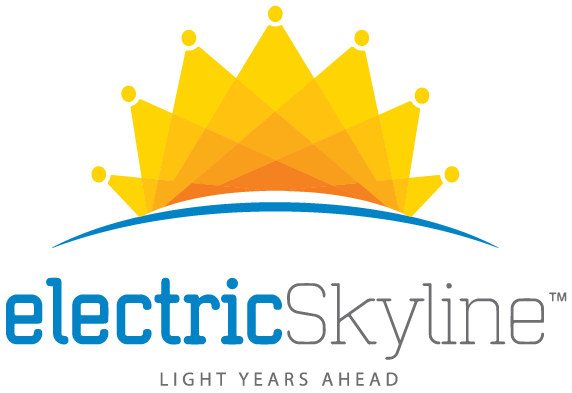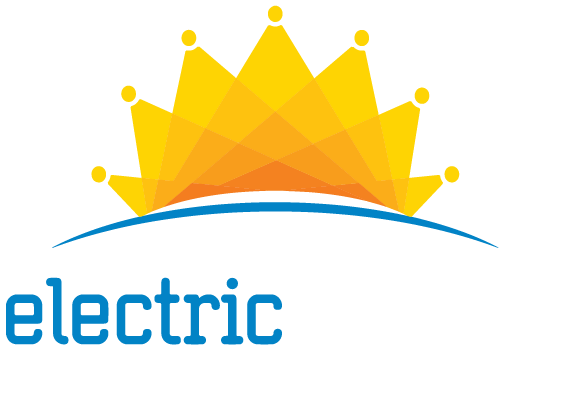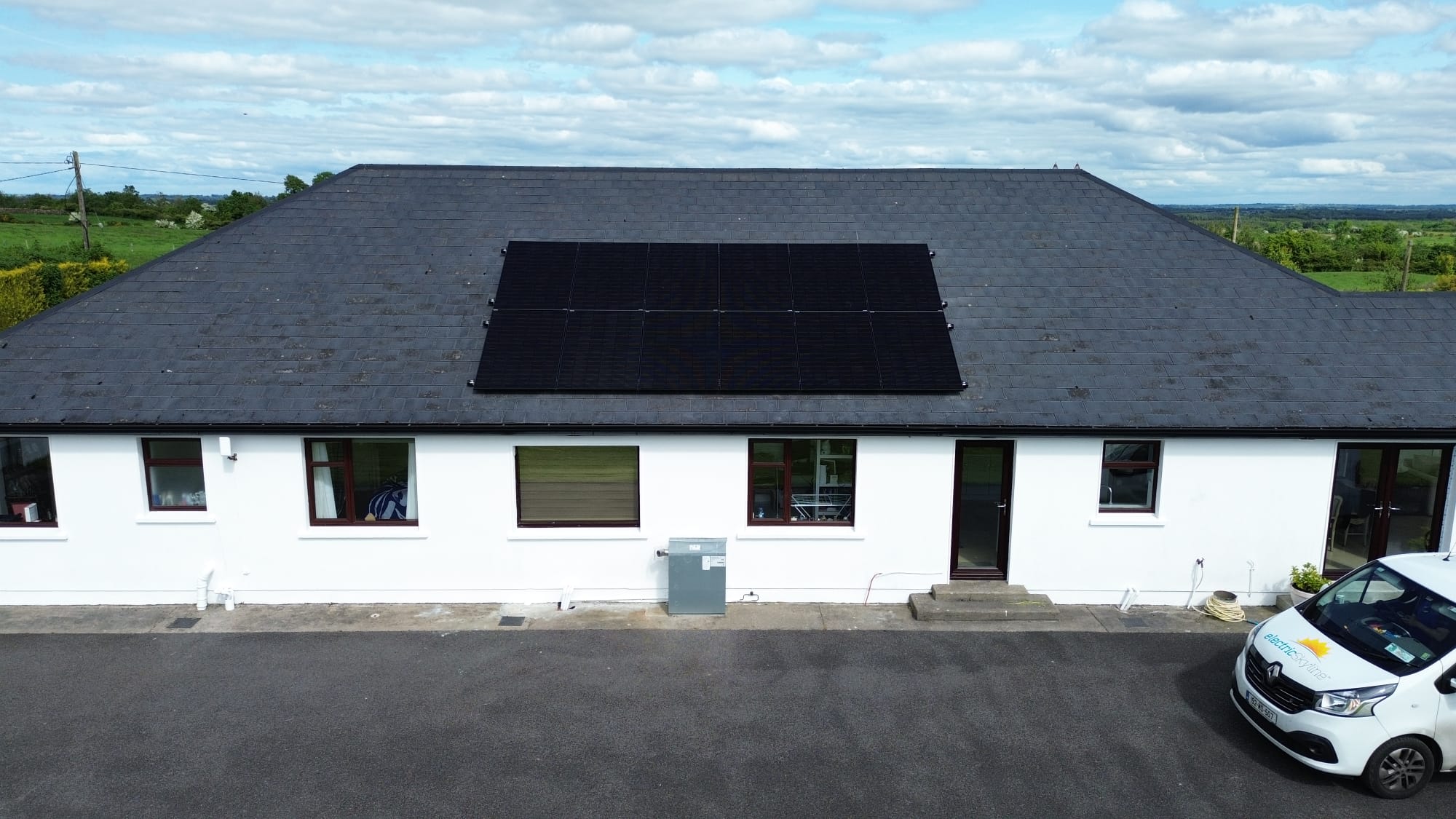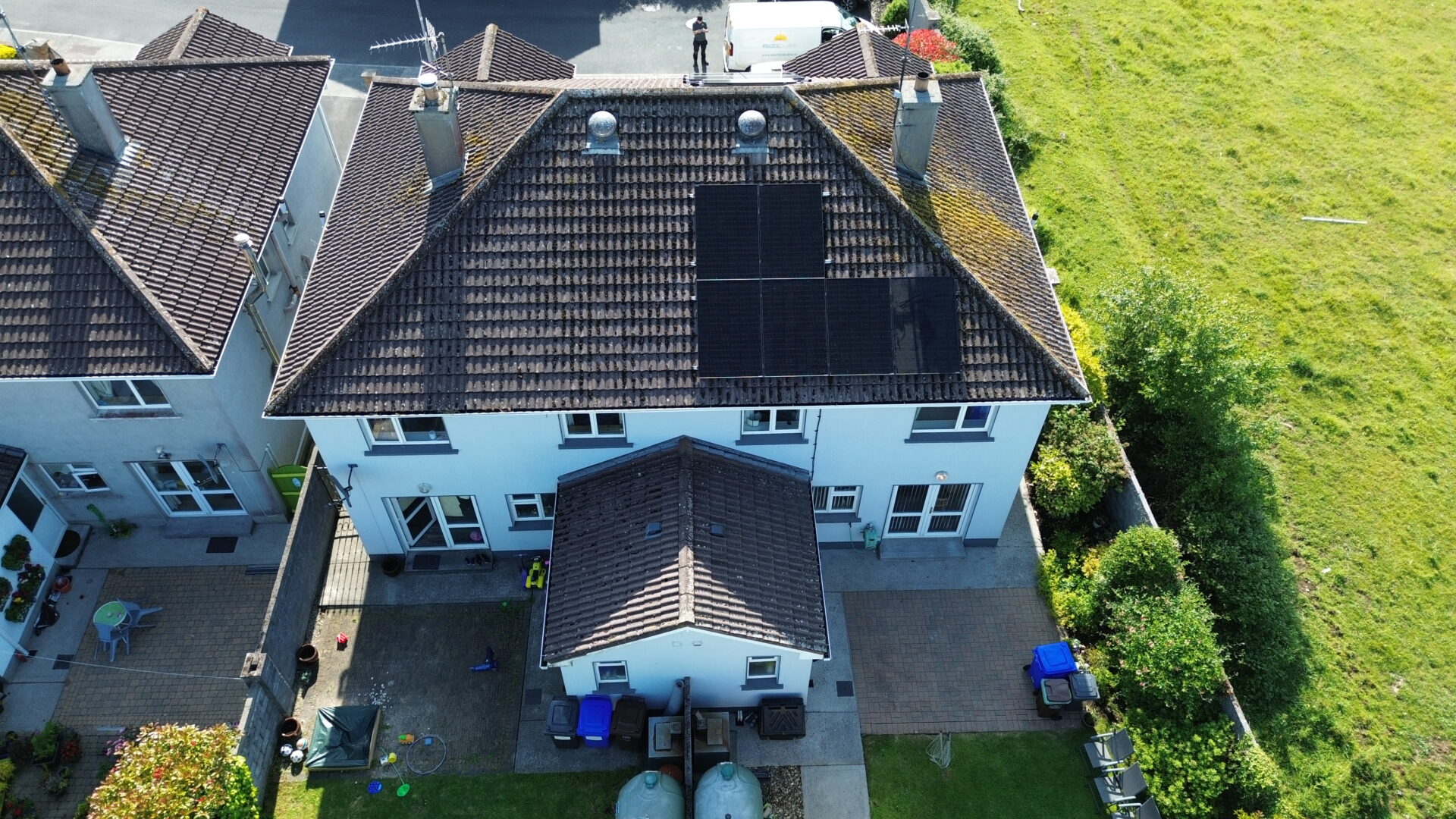There are many reasons why people should consider getting solar panels for their homes or businesses. First and foremost, solar energy is a clean and renewable source of power that does not produce any emissions or pollution. This means that by switching to solar energy, you can help reduce your carbon footprint and do your part to combat climate change.
Additionally, solar panels can significantly reduce your monthly energy bills, as you will be producing your own electricity and will no longer have to rely on expensive fossil fuels.
How Solar Works:
Utilising the Power of the Sun to Create Energy
Get a Free Quote Now
Contact Us
If you have any queries or questions please do not hesitate to contact us. Our solar pv team is only happy to help you with whatever questions you have. We can also provide you with a quote on a solar pv installation and our team can go through this with you.
Call Us
+353 (0) 94 9360954
solarpv@electricskyline.ie

Finance your Solar PV Project with Finance Ireland
Finance Ireland and Electric Skyline have partnered to assist you in financing your solar PV project. Your solar power project can be funded with the help of quick and effective financing alternatives from Finance Ireland.
To learn more and to quickly calculate financing, visit the link below.
SOLAR FAQ
It'll cost too much to install
We can provide a detailed payback calculation on your system design once your energy bills are provided. VAT on all installations was removed from 1st May 2023
They require too much maintenance
Photovoltaic (PV) solar panels require very little maintenance. It is important to monitor the performance of your system regularly and to monitor the panels for free from dirt and pollution.
Our solar PV panels come with a 25 year manufacturers’ guarantee. Electric Skyline also offers a 2 year warranty on all installation work carried out by us. Once installed correctly your Solar panels should operate and generate power for your home or business maintenance free for 20+ years
Won't generate enough electricity to power my house
The amount of power generated depends on the number of panels installed. Electric skyline recommends a minimum of 8 Solar panels which will be enough to power a standard busy home. In some cases additional energy will be created in excess of what is needed to power the home. This additional power can be stored in a battery or sold back to the grid.
Batteries are too expensive and only have a limited shelf life
While batteries can be expensive, not all solar systems require a battery. Some customers choose to have a battery which will store generated electricity and enable this to be used at night. Should you decide you don’t want a battery, you can choose to sell any excess power generated back to the grid. Battery life will range from 10 to 20 years depending on make and model. We work with Huawei and Weko models which are some of the best on the market.
It needs to be sunny to supply power
Not exactly, Solar PV panels utilise daylight to convert light into energy. As Ireland would have longer daylight hours from April till September, it is then that the Solar panels work best. In winter time, with less daylight hours you can expect approx a 40 – 50% reduction in generation.
Pays for itself over time
Most Solar systems will pay for themselves in on average 4 to 6 years however, if the cost of gas and electricity continues to rise as it is predicted to do, this means a Solar system could not only pay for itself but also safeguard your home against rising fuel costs and potential shortages.
Excess generated energy can heat hot water using your existing Immersion
A device called a “Hot Water Diverter” can be fitted to your existing immersion tank that will turn on the immersion and only use excess solar energy. This device is extremely effective from April right through to September and can provide a full tank of hot water from solar which reduces heating bills if you heat water using gas or oil.
Excess generated energy can be sold back to the grid
Customers can sell surplus electricity back to their electricity supplier. Similar to selecting a supplier you can shop around providers for the best offered rate as rates would be different from one utility supplier to another. There are currently some restrictions on the amount of energy that can be sold back and you would need a smart metre along with certified documentation and notification sent to ESB Networks prior to the fitting of the panels.
Grants
There is a generous grant to assist with the purchase and installation of Solar PV as a way to reduce your carbon footprint and energy costs. The solar PV grant is provided by the SEAI and information can be found Here
Will I need planning permission?
No, you will not need planning permission for residential solar panels in Ireland once they cover less than 12 square metres and meet the guidelines for installation as stated by SEAI. An expert supplier and installer like electric skyline can advise you further.
Are customers guaranteed a FIT payment unit rate?
Currently the average FIT payment is 22 cent. We have no way of predicting what future FIT payments will be, but our understanding is it tracks the current energy rates.
Would people generally get a structural survey on a roof, before installing panels?
Usually it’s not required unless it’s an old shed or commercial building. Our team of professional trained roofers would carry out a risk assessment before install and would not proceed if there was any potential risk noted.
Will inverter type determine if a battery can be added later?
The Hybrid inverter and controller allows up to 4 x 5KW batteries to be added to the system to give a max storage capacity of 20KW storage.
Can I power the house if there is a power cut from ESB , and can I switch to that?
The Hybrid inverter with a battery package allows for installation of a double socket located beside the inverter. This will allow you to run temporary power from that socket in a power outage.









